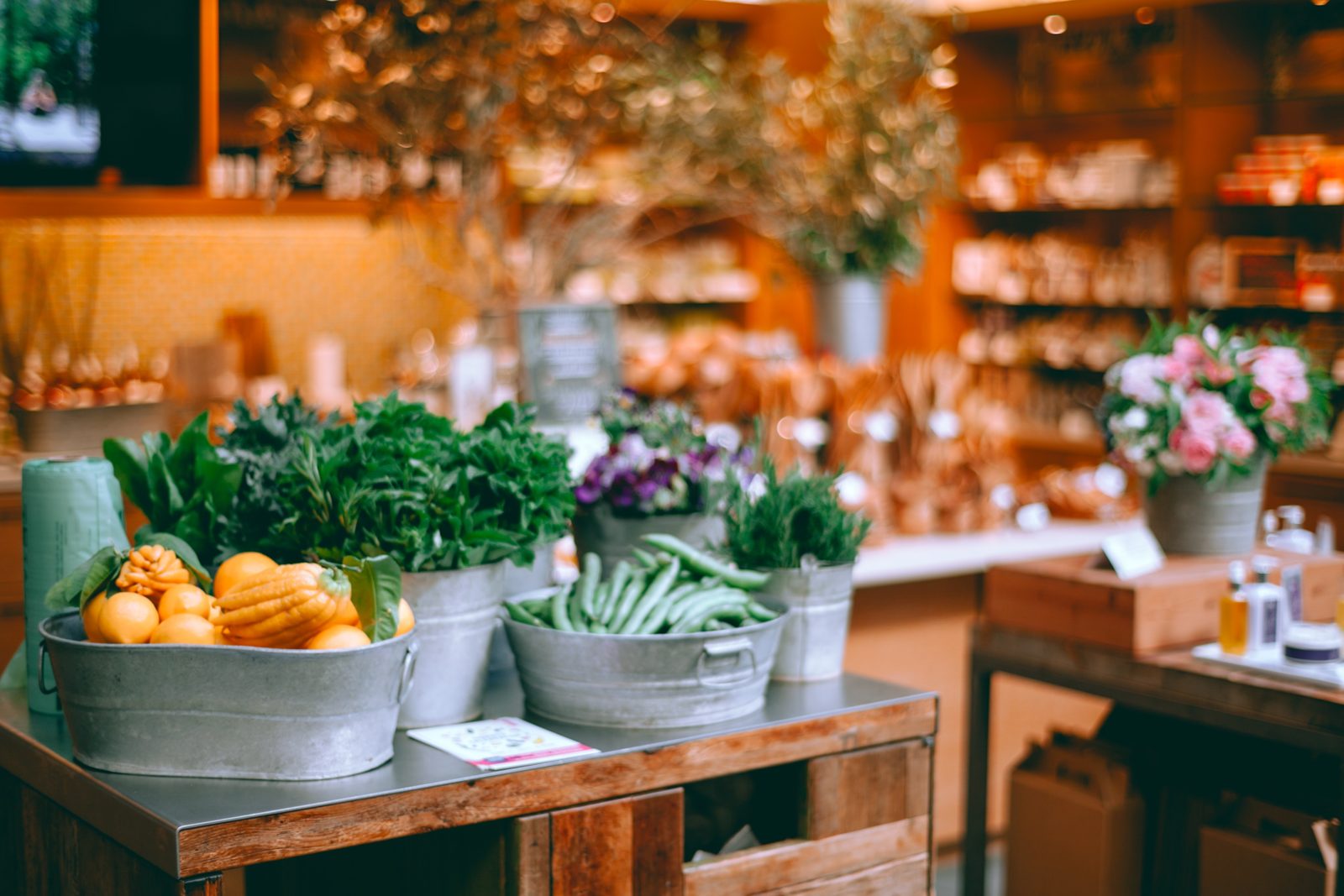Over the past year, food prices have increased by up to a third, and it seems unlikely that they will go down anytime soon. On the contrary, “When you look at what lies ahead and the path Europe is taking, I don’t see a relationship between the future and low food prices,” says Pavel Březina, Chairman of the Board of the COOP retail network. Although prices may fall in the short term, the outlook for the coming years is not optimistic.
“We are facing enormous costs. It has been going on since agriculture, where there is pressure not only to reduce the amount of fertilizers but also to reduce animal production. Demand, however, is increasing, and if we start to reduce the amount of goods produced in Europe, it will likely be imported. It doesn’t make sense. And, of course, it will create enormous pressure on the price of products,” says Březina.
He means the new plans and regulations of the European Commission, which will require food companies to change their established practices and take concrete measures in health and sustainability. In reality, this means, for example, changing the composition of food products in line with healthy nutrition, reducing the environmental footprint, or even marketing. And all of this costs money.
According to Miroslav Koberna of the Food Chamber, based on the current interpretation of these plans, it may mean adjusting prices to be fair and include the ecological impact of production. “They want the price to include that cows emit methane, farmers have to fertilize, and the disposal of ecological damage costs something. We will impose environmental taxes on everyone, and the market will deal with it somehow. These are hazardous ideas,” says Koberna, representing agricultural producers, including large meat processing plants.
Pavel Březina’s COOP retail network operates mainly in rural areas and smaller towns. He believes that the pressure to reduce the ecological footprint will significantly impact the price of food, forcing producers to change their production methods. He says that the demand for food is increasing, and if the amount of food produced in Europe is reduced, it will likely be imported, leading to higher prices.
Producers of poultry, in particular, are worried about the new regulations that are tightening the conditions for breeding. “If it is true, eggs and poultry meat will be incredibly expensive,” says Zdeněk Mlázovský of the Proagro Nymburk company. Europe’s path toward sustainability may bring many benefits, but it will undoubtedly come at a cost, and consumers will have to bear that cost.





